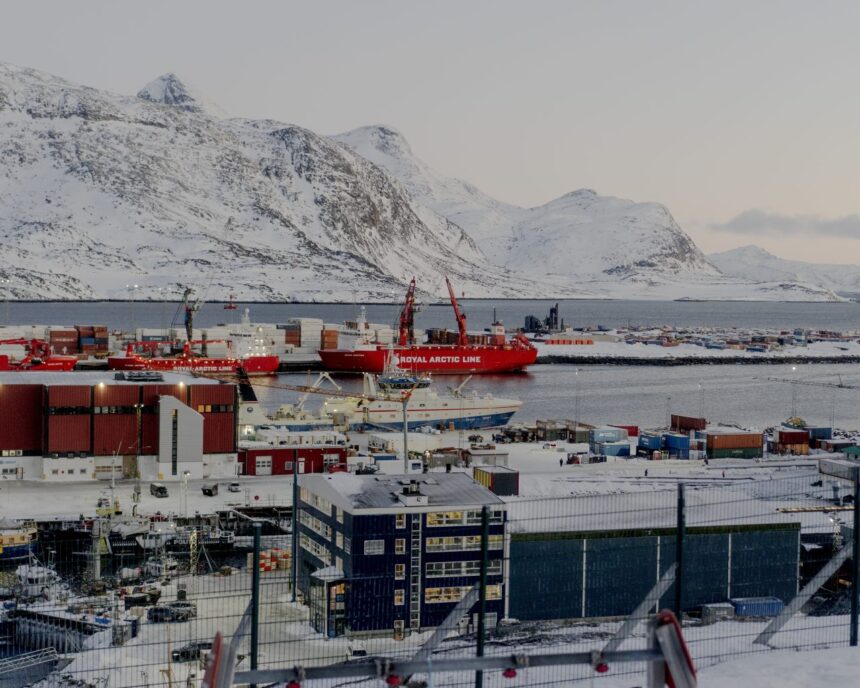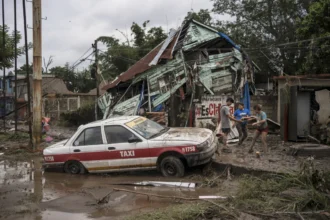Unprecedented Arctic Heat Wave Grips Iceland and Greenland, Threatening Fragile Ecosystems and Communities
In an alarming sign of climate change’s growing reach, Iceland and Greenland experienced record-breaking temperatures in May, far exceeding historical averages and raising concerns about the resilience of cold-adapted ecosystems and infrastructure.
On May 15, Iceland’s Egilsstaðir Airport recorded 26.6°C the highest temperature ever documented in the country during May while other areas experienced temperatures more than 10°C above the seasonal norm, according to the Icelandic Meteorological Office. Just days later, on May 19, Greenland’s Ittoqqortoormiit station registered 14.3°C, a staggering 13.5°C above its average May high of 0.8°C, as reported by the Danish Meteorological Institute.
This extreme heatwave was driven by a persistent high-pressure system near the Faroe Islands and a low-pressure system south of Cape Farewell, creating a nine-day flow of warm southern air into the region. While such atmospheric patterns are not unheard of, the timing and duration of this event early in the year and unusually prolonged make it particularly notable.
Although direct impacts are still being assessed, early-season heatwaves are known to disrupt the delicate balance of Arctic ecosystems. These systems, finely tuned to withstand cold climates, are vulnerable to even modest temperature shifts. The ripple effects extend to human communities, especially those dependent on natural ecosystems for food and water, or lacking modern infrastructure.
The heatwave also highlighted stark contrasts in adaptive capacity between Iceland and Greenland. In Greenland, particularly in rural and remote regions, limited infrastructure complicates the population’s ability to cope with rising temperatures. During a similar extreme weather event in 2022, melting permafrost led to the contamination of Arctic lakes with metals such as iron, exacerbating water quality and sanitation challenges. In many rural Greenlandic homes where piped sewage systems are rare higher temperatures raise the risk of disease, as waste disposal relies on bag toilets emptied into open areas.
In response to this event, an international team of researchers from Iceland, the Netherlands, Sweden, Denmark, the U.S., and the U.K. is investigating the role of human-induced climate change in intensifying the heatwave. Their analysis focuses on the seven hottest days in Iceland during May and peak temperatures recorded at key stations including Ittoqqo rtoormiit, Egilsstaðir Airport, and Reykjavik. The study aims to quantify how much more likely and intense such extreme heat events have become in a warming world.
As Arctic regions warm faster than the global average, this record-setting heatwave underscores the urgency of climate adaptation and mitigation especially for vulnerable communities and ecosystems ill-equipped to face such rapid change.














